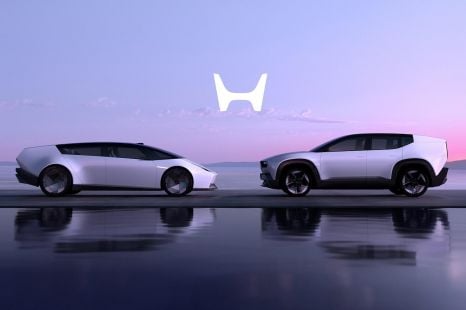

Derek Fung
Honda revises EV strategy after posting fourth straight quarterly loss
2 Hours Ago
Electricity prices are set to increase for hundreds of thousands of Australians from July 1, which means it'll cost more to charge your EV.

News Editor
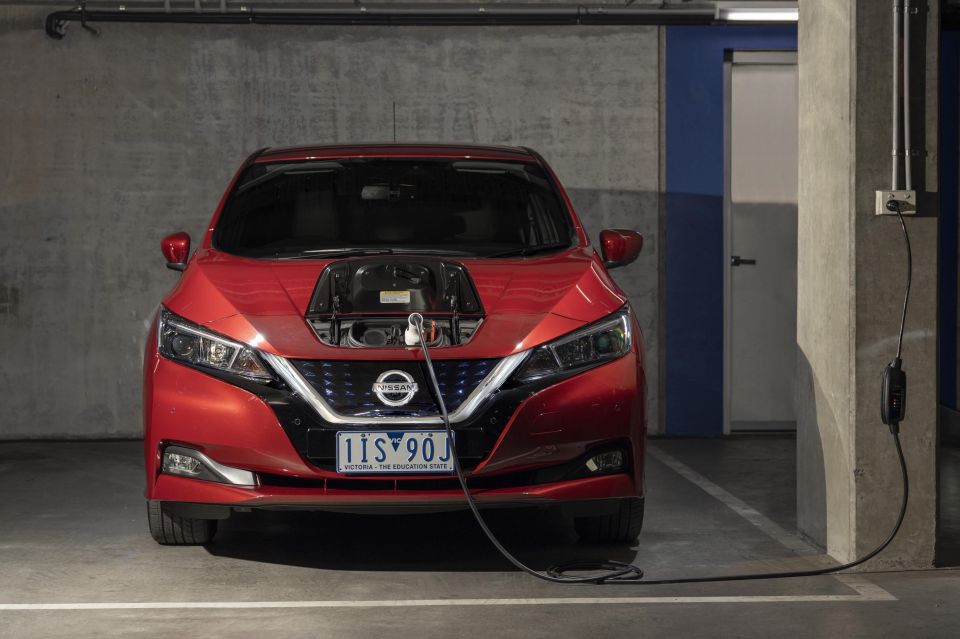

News Editor
Energy prices are set to jump by up to 25 per cent across Australia’s most populous states, which will affect everything from lighting your home to charging your electric vehicle overnight.
The Australian Energy Regulator (AER) has confirmed electricity prices will increase by up to 25 per cent for customers on the Default Market Offer (DMO), depending on the state, from July 1.
That’s higher than the increases of between 20 and 22 per cent detailed in a draft back in March, with the AER saying it has factored in the latest inflation forecasts.
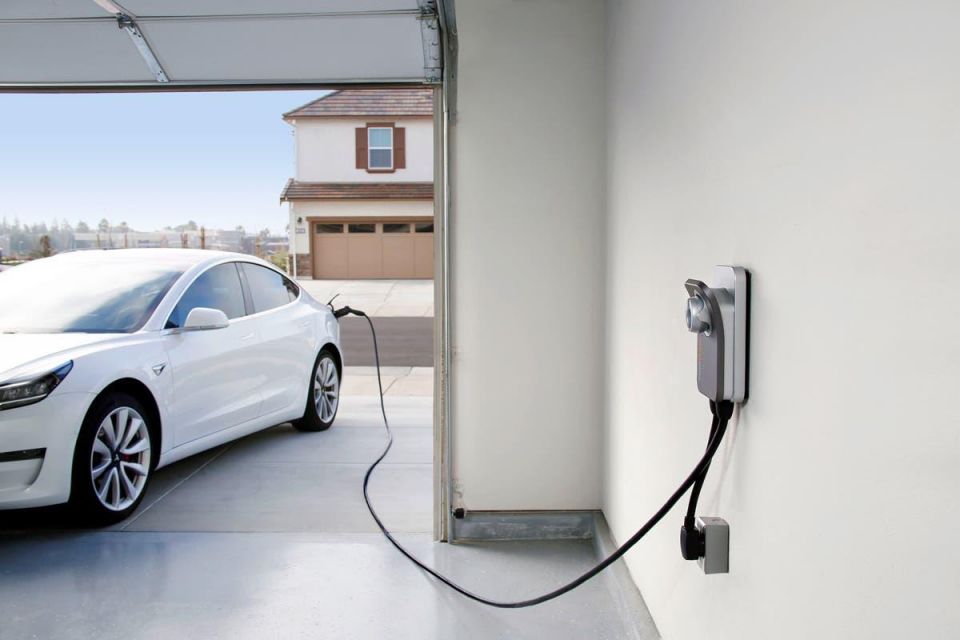
The DMO is an electricity price safety net applied to households and small business customers on standard retail plans in South Australia, New South Wales and south-east Queensland – around 600,000 customers in total.
Below are indicative price increases, with figures based on different kWh rates: 10,027kWh for small businesses, and between 3911kWh and 4913kWh for residences without controlled load, for example.
| YOY change for residential without controlled load | YOY change for residential with controlled load | YOY change for small business without controlled load | |
|---|---|---|---|
| Ausgrid (NSW) | +$315, up 20.8 per cent | +$440, up 20.7 per cent | $639, up 14.7 per cent |
| Endeavour (NSW) | +$392, up 21.4 per cent | +$594, up 24.9 per cent | $816, up 21.6 per cent |
| Essential (NSW) | +$435, up 20.8 per cent | +$487, up 19.6 per cent | +$860, up 17.5 per cent |
| Energex (SE QLD) | +$349, up 21.5 per cent | +$402, up 20.5 per cent | +$756, up 21.9 per cent |
| SAPN (SA) | +$439, up 23.9 per cent | +$512, up 22.5 per cent | +$1310, up 28.9 per cent |
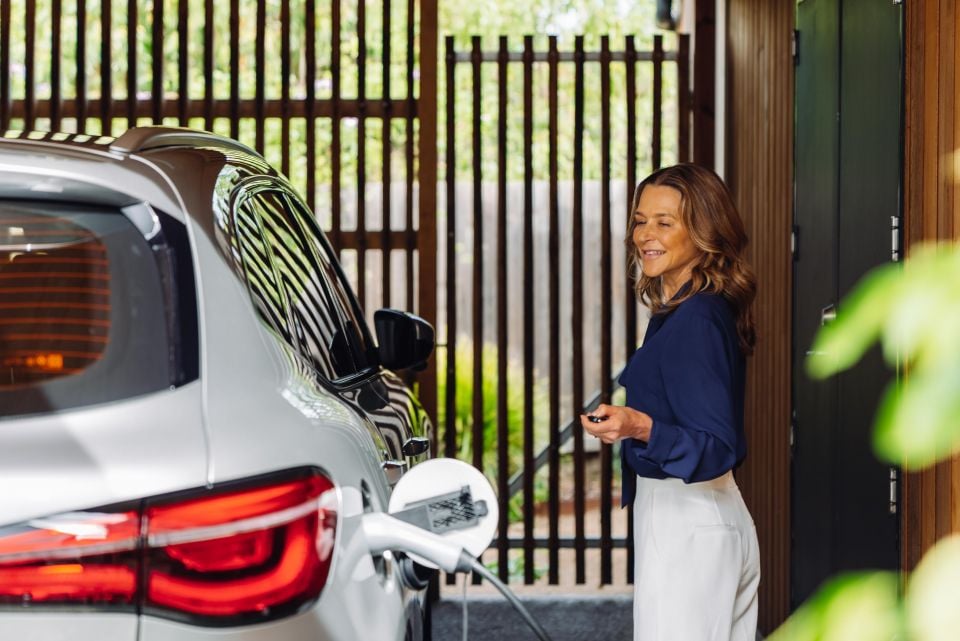
Victorians will also be slugged with a price hike from July 1, with the state’s Essential Services Commission announcing an annual price increase of 25 per cent for the Victorian Default Offer (VDO), citing high wholesale energy market prices.
That works out to an extra $352 for residential customers, based on annual usage of 4000kWh, and $752 for small business customers, based on annual usage of 10,000kWh.
The VDO was introduced in 2019 to provide customers with a “simple, trusted, reasonably priced” standing offer set independently by the regulator, and serves as a reference price for consumers comparing retail offers.
It isn’t necessarily the lowest price available, with retailers often offering discounted prices to attract customers.
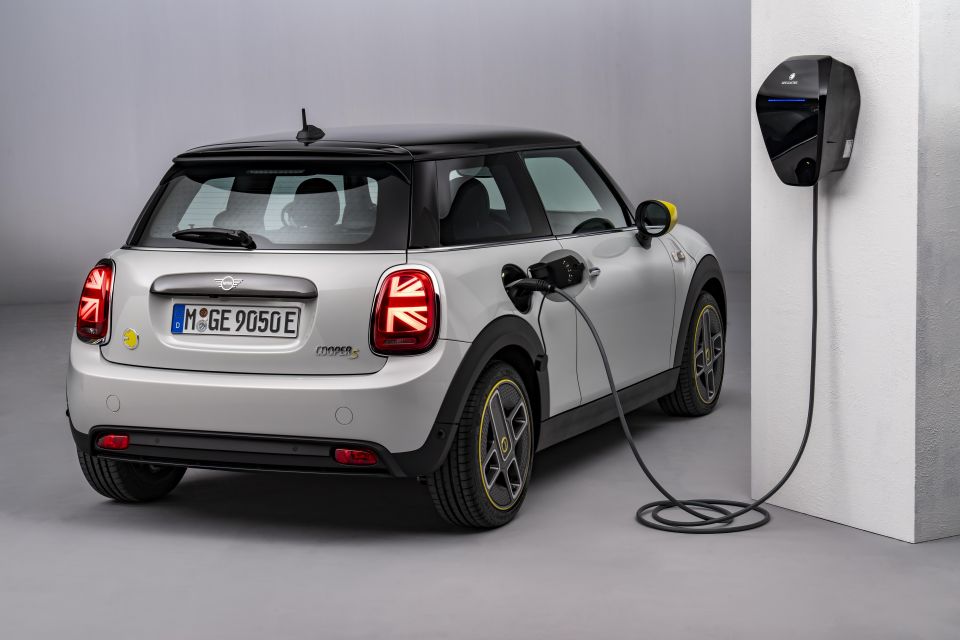
Around 400,000 residential customers and 55,000 small businesses are on the VDO, while it’s also the maximum amount that can be charged by around 150,000 consumers in “embedded networks” such as shopping centres and apartment buildings.
“We know households and small businesses continue to face cost-of-living pressures on many fronts, and that’s why it’s important the DMO provides a safety net for those who might not have shopped around for a better power deal,” said AER chair Clare Savage.
“In setting the DMO price this year we have sought to protect consumers from unjustifiably high prices and at the same time allow retailers to offer consumers better deals than their standard plans.
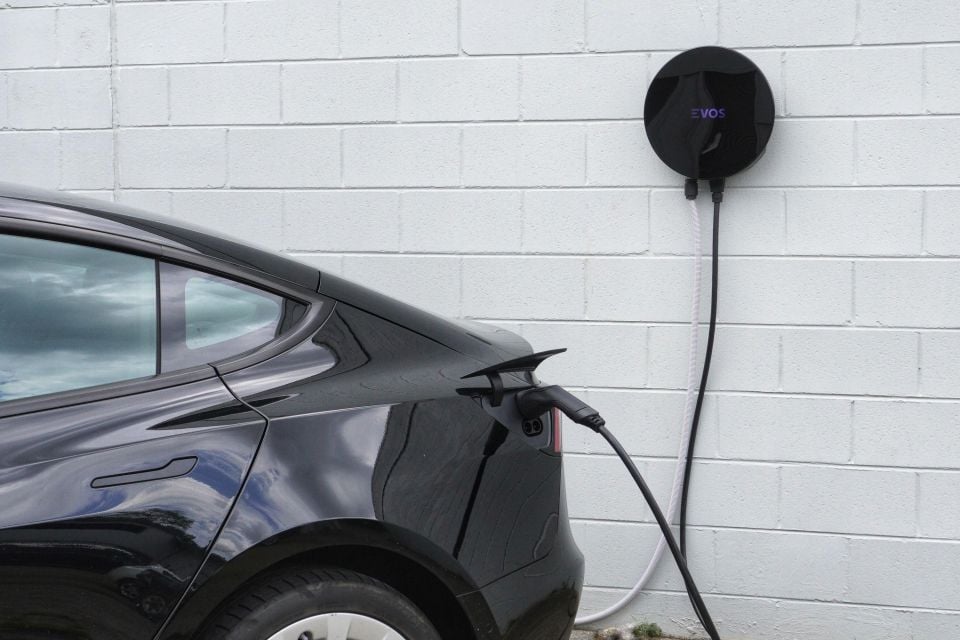
“No one wants to see rising prices, and we recognise this is a difficult time, that’s why it’s important for consumers to shop around for a better deal by using the free and independent bill comparison website www.energymadeeasy.gov.au and to check rebate and concession eligibility.
“Consumers struggling to pay their energy bills should always contact their retailer as soon as possible because, under the national energy laws, retailers must provide assistance.”
The Australian Government introduced new energy bill rebates as part of the latest Federal Budget, with eligible households able to receive up to $500 in New South Wales, Queensland and South Australia.
In most cases, these rebates are applied automatically by your energy provider.
In Victoria, eligible households can also receive $250 plus an additional one-off $250 through Victoria’s Power Saving Bonus Payment.
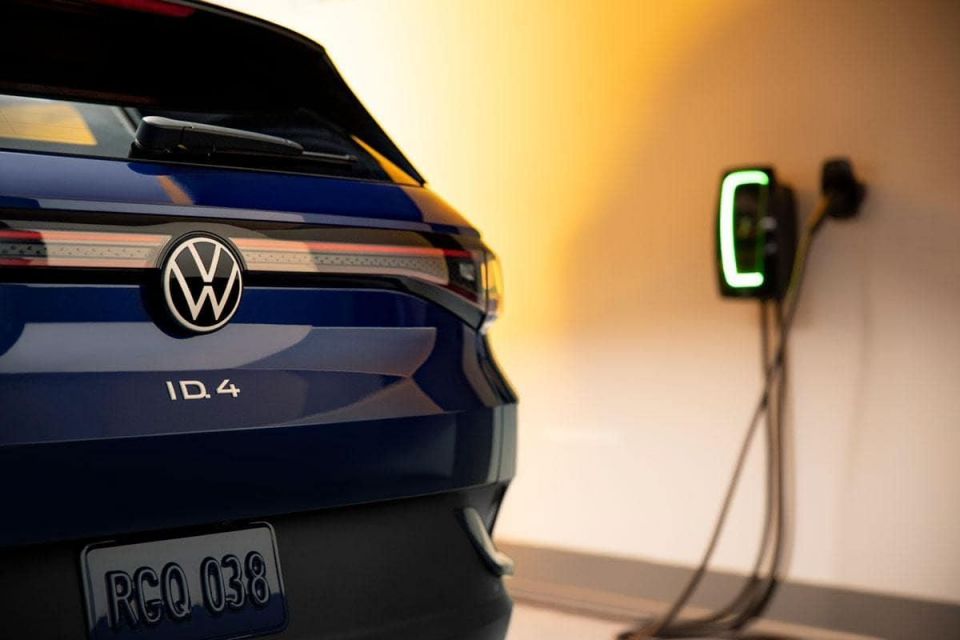
“We heard from stakeholders that cost-of-living pressures are making it challenging for many in our community,” said Victoria’s Essential Services Commission chairperson Kate Symons.
“We want to make sure Victorians are aware of their energy consumer rights and protections, and state and federal government energy bill relief packages, as higher wholesale energy prices start to flow through to retail markets and consumer bills.
“If you are a residential customer and you’re having trouble paying your bill, you are entitled, under Victorian energy law, to assistance from your retailer.
“Ask your energy retailer about payment plans, and what concessions, rebates or utility relief grants are available.”
William Stopford is an automotive journalist with a passion for mainstream cars, automotive history and overseas auto markets.


Derek Fung
2 Hours Ago
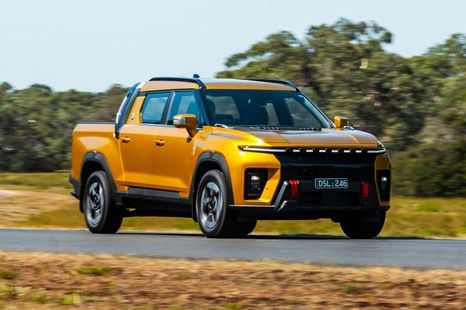

Ben Zachariah
9 Hours Ago


James Wong
9 Hours Ago


James Wong
9 Hours Ago


James Wong
9 Hours Ago


Damion Smy
15 Hours Ago
Add CarExpert as a Preferred Source on Google so your search results prioritise writing by actual experts, not AI.